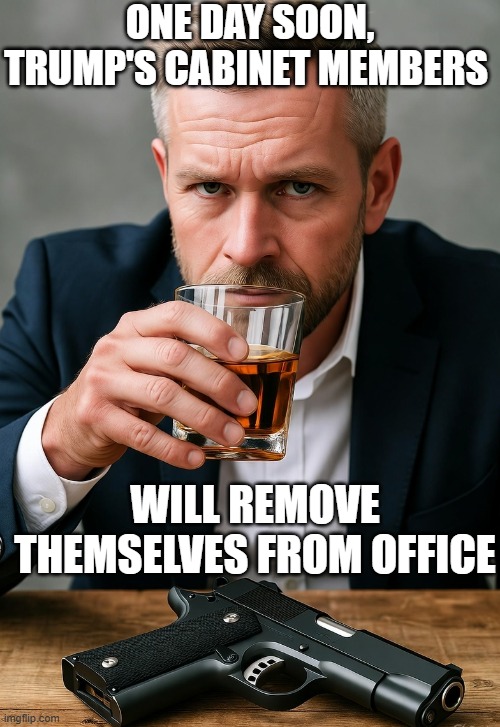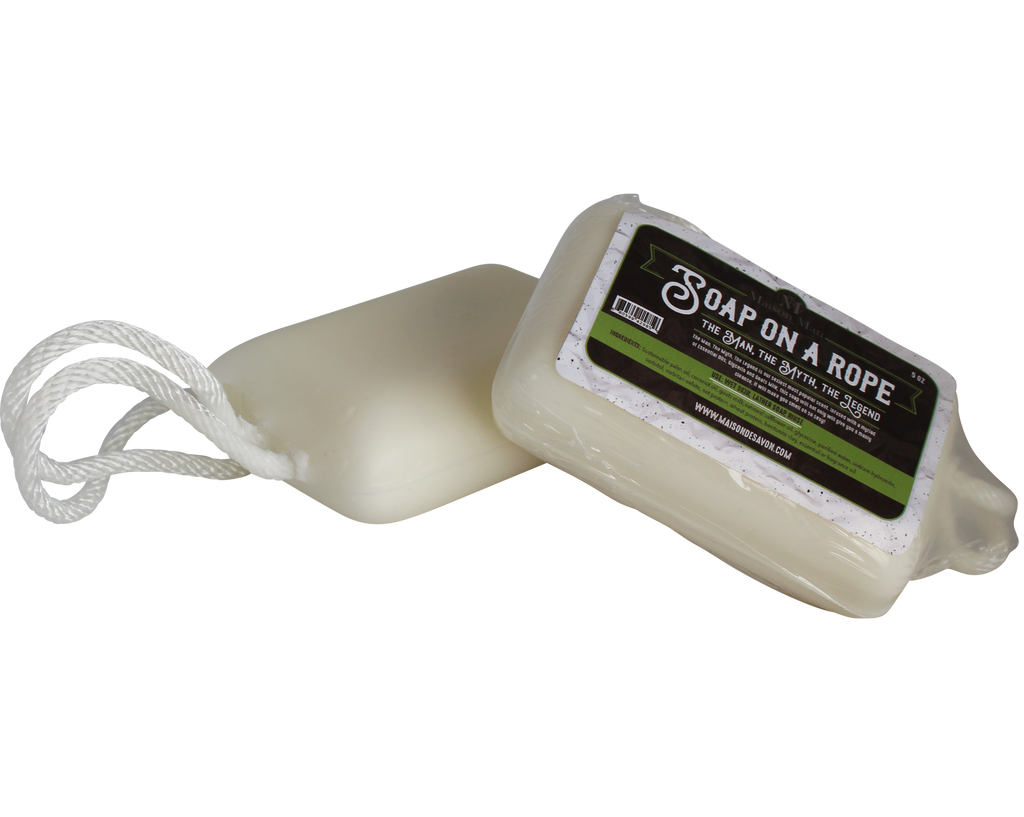QP!
Verified User
AI Summary:
Here are the principal public statements in the “authorized leaks / lying to Congress” dispute involving Comey and McCabe:
During the September 30, 2020 Senate Judiciary hearing, Senator Ted Cruz pressed Comey about prior testimony given in May 2017 and asked whether Comey had ever authorized someone else at the FBI to be an anonymous source in news reports. In response, Comey said:
So the core of Comey’s position was to affirm that he stood by his prior 2017 testimony saying he had not authorized anonymous leaks.
In public remarks after the Comey indictment, McCabe was asked about the allegation that Comey had authorized leaks.
McCabe’s position:
Here are the principal public statements in the “authorized leaks / lying to Congress” dispute involving Comey and McCabe:
Comey’s Statement to Congress (2020 Senate Hearing)
During the September 30, 2020 Senate Judiciary hearing, Senator Ted Cruz pressed Comey about prior testimony given in May 2017 and asked whether Comey had ever authorized someone else at the FBI to be an anonymous source in news reports. In response, Comey said:
“I can only speak to my testimony. I stand by the testimony you summarized that I gave in May of 2017.” Investing.com+3CNN Transcripts+3Rev+3
When Cruz then asked if that meant he had never authorized leaks and whether McCabe was lying if he claims otherwise, Comey replied:
“Again, I’m not going to characterize Andy’s testimony, but mine is the same today.” Investing.com+3CNN Transcripts+3Podcasts - Your Podcast Transcripts+3
So the core of Comey’s position was to affirm that he stood by his prior 2017 testimony saying he had not authorized anonymous leaks.
McCabe’s Statement (in the Current Dispute)
In public remarks after the Comey indictment, McCabe was asked about the allegation that Comey had authorized leaks.
Key passages from the OIG / IG report
- The report states that the day after the Wall Street Journal article published, McCabe met face-to-face with Comey. McCabe later told the OIG that during that meeting he informed Comey that he had authorized disclosure of details of his prior phone call with a Justice Department official (i.e. disclosure via FBI spokesman or attorney). Default+2DocumentCloud+2
- According to the report, McCabe “asserted that he explicitly told Comey during that conversation that he authorized the disclosure and that Comey agreed it was a ‘good’ idea.” Default
- The IG ultimately concluded that McCabe did not tell Comey on or around October 31 (or at any other time) that he had authorized the disclosure,
- McCabe told investigators that as Deputy Director of the FBI, he did have authority to authorize communications with the press.
He asserted that the disclosure he approved — about a conversation between the FBI and DOJ concerning the Clinton Foundation investigation — was “within his delegated authority” and was made to correct an inaccurate narrative in the press.
He also said that, after doing so, he informed Director Comey about it.
McCabe’s position:
“As Deputy Director, I had the authority to speak to the media and to authorize others to do so on my behalf. The disclosure was made through official channels and consistent with my responsibilities.”
(Source: McCabe’s response in the DOJ Office of Inspector General Report: “A Report of Investigation of Certain Allegations Relating to Former Deputy Director Andrew McCabe,” February 2018.)




